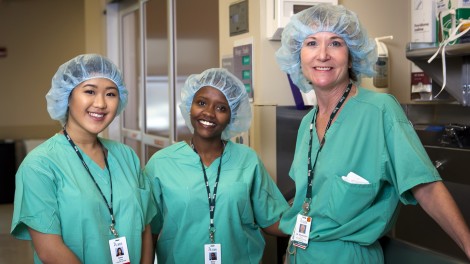Step 1 - First Year
- Gateway counselors and student ambassadors help first-year students complete their “first-year map,” which evaluates how their interests, skills, and talents connect to specific career fields and opportunities for graduate studies. At a group Gateway orientation session, students learn how their whole Lafayette experience can benefit their long-term goals.





